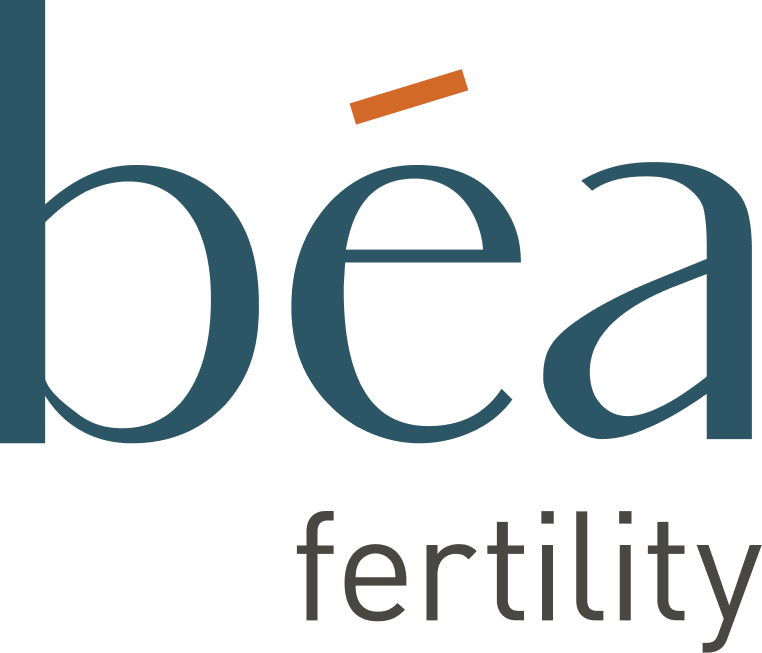If you’re thinking about starting a family using donor sperm, it’s important to consider any legal implications that may arise. The law isn’t always easy to understand, so here’s our guide to help you with this complex issue.
Using donor sperm in a licensed fertility clinic
If you use a donor through a HFEA-licensed UK fertility clinic, there are very few risks and all parties are protected. The donor will have no legal rights or responsibilities to any children born with their sperm. When starting any treatment in a fertility clinic, you will complete consents related to your treatment and also to legal parenthood. If you are the person who gives birth to the child, you will be the legal parent. However, if your partner is having treatment using donor sperm and you’re not married or in a civil partnership, it is essential that you and your partner fill out the HFEA legal parenthood consent forms to enable you both to become the legal parents at birth.
Using donor sperm through a private arrangement
If you are the person giving birth to the child, you will be the legal parent. However, if you’re using donor sperm through a private arrangement that doesn’t take place in a licensed UK fertility clinic, the law on who becomes the child’s other legal parent is not so straightforward. In some cases, it’s possible that your sperm donor could become the child’s legal father.
If you are a married couple or civil partners at the time you conceive, then you will normally both be treated as your child’s legal parents and can both be named on the birth certificate as parents. This will legally exclude your sperm donor’s status as the father.
If you are unmarried or in a non-civil partnered relationship and you conceive through home insemination using donor sperm, then your known sperm donor will be your child’s legal father. If you want to change the status or parental responsibility to your partner, you will need to go through a court process to acquire legal parenthood.
Co-parenting options
For some, entering into a known donation arrangement includes a degree of involvement with their donor after their child is born. This could be in a limited capacity – such as the donor acting as an uncle figure – but in some cases, you may want a more equal parenting role with your donor (co-parenting). Currently, UK law only allows a child to have two legal parents, who have full legal responsibility and are registered on their birth certificate. However, there are steps that can be taken to obtain recognition for the other parent – including parental responsibility and guardianship rights in the event of death. This is also important for relationships with more than two parents.
Donor agreement
A donor agreement may help manage the legal issues associated with sperm donation. While a donor agreement is not legally binding, the process of putting an agreement in place can be helpful in managing everyone’s expectations and may be of evidential benefit to a court dealing with any future disputes. The agreement should include things like:
- Who will be treated as your child’s legal parents?
- What should be recorded on your child’s birth certificate?
- Who will have parental and financial responsibility for your child?
- Will the donor be paid?
- Will the donor provide screening results for potentially transmissible viruses or genetic screening and a semen analysis?
- How can you best manage your relationship over time so as to avoid difficulties arising?
It’s also important to note that while our team has done plenty of research into this issue, we are still, at heart, a medical company and so we would urge you to seek independent advice from legal professionals.
Important additional information
The UK law regarding identifying information relating to the sperm donor changed in April 2005. Children born as a result of the use of donor sperm may approach the HFEA at the age of 18 for identifying information which relates to the donor and make contact with them if they wish.
Seeking legal support is important when using donor sperm – but so is counselling. Licensed BICA counsellors can support you with any legal and ethical implications around your potential treatment pathway and can assist you when you move forward with your plans.


Share:
Using donor sperm
Using donor eggs